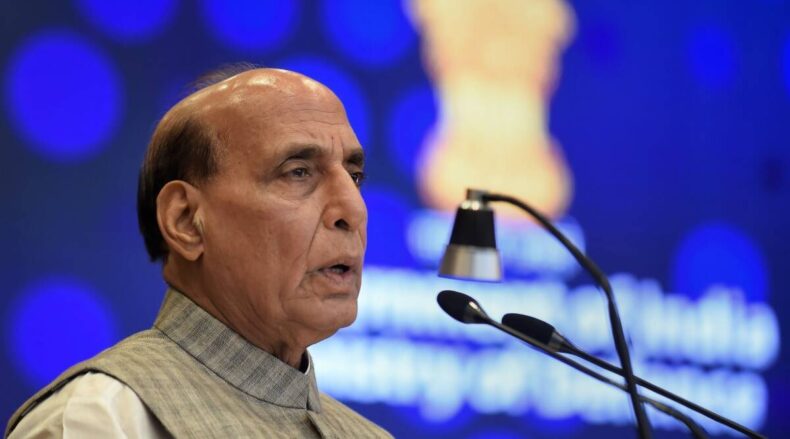In a strong response to Pakistan’s reaction to the India-US joint statement on combating terrorism, Rajnath Singh, the Defense Minister of India, delivered a powerful statement urging Pakistan to focus on its internal issues instead of interfering in the affairs of other nations. With the tensions between the two South Asian neighbours simmering, Singh’s remarks encapsulate India’s firm stance against terrorism and Pakistan’s persistent support of such activities.
The India-US Joint Statement
The joint statement issued by India and the United States emphasized their commitment to combat terrorism in all its forms and manifestations.
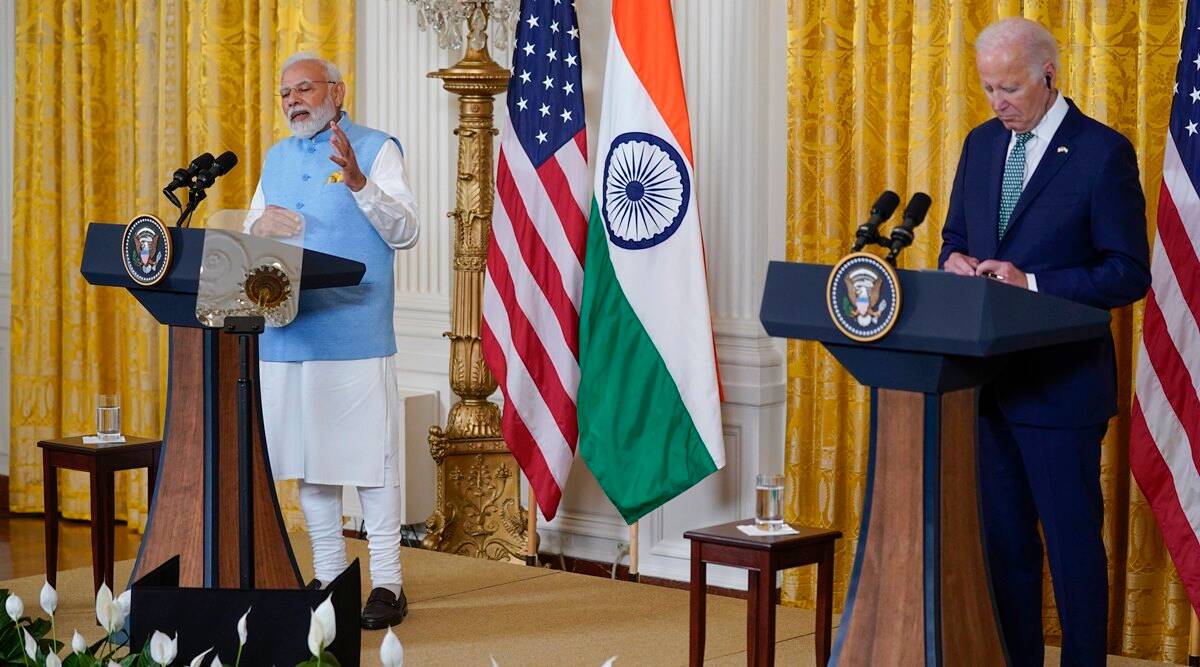
The statement called for nations to take decisive action against terrorist organizations operating on their soil, without drawing artificial distinctions between “good” and “bad” terrorists.
Rajnath Singh’s Response
During a press conference, Defense Minister Rajnath Singh criticized Pakistan’s reaction to the India-US joint statement, urging the neighbouring nation to concentrate on its internal affairs rather than meddling in the concerns of other countries. In a poignant statement, he said, “Aap apna ghar sambhaliye” which translates to “Take care of your own home.”
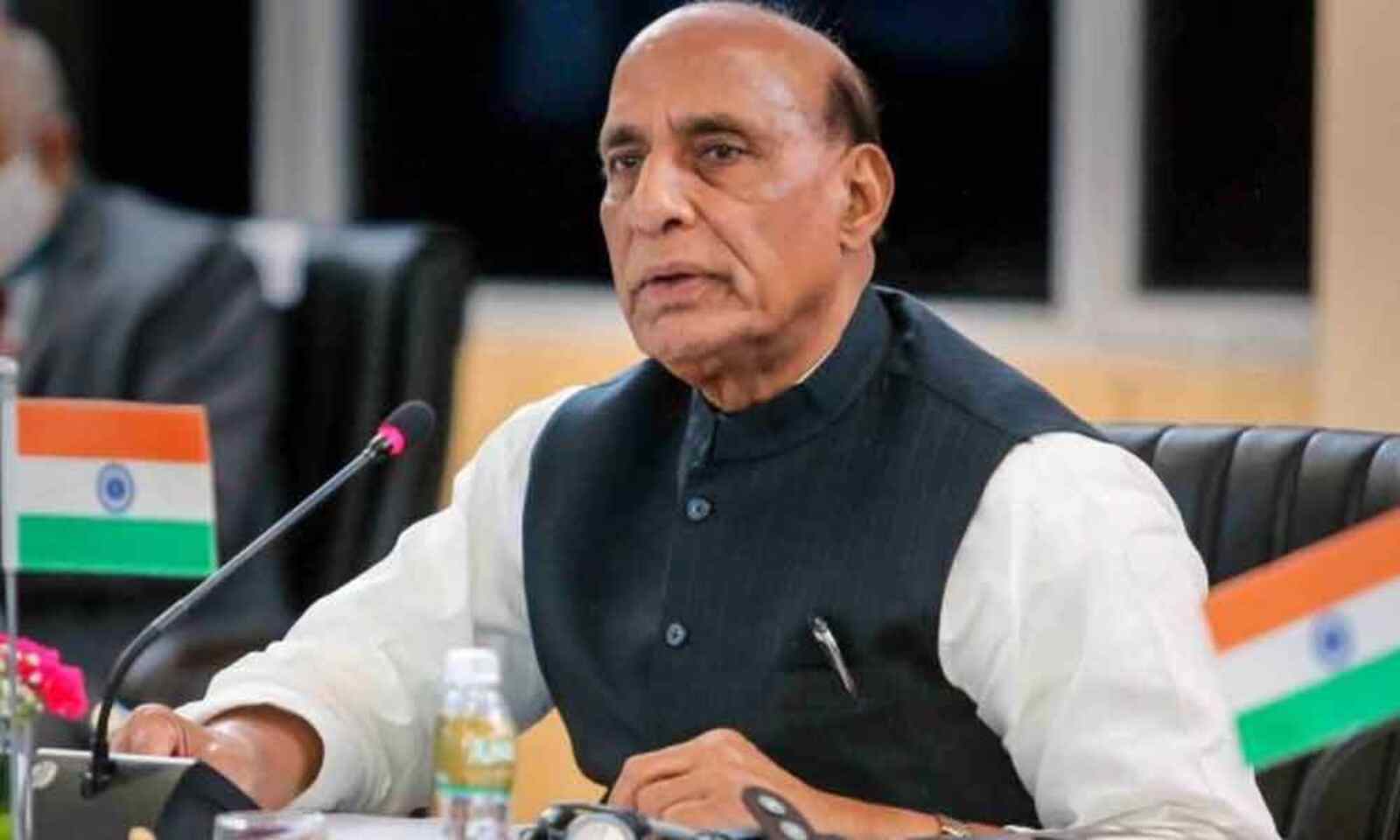
Singh’s statement was a clear indication that India refuses to tolerate Pakistan’s interference and support for terrorism and highlights India’s determination to protect its citizens and national security.
India’s Persistent Battle Against Terrorism
India has long been at the receiving end of cross-border terrorism sponsored by Pakistan. From the 1993 Mumbai bombings to the 2008 Mumbai attacks, the country has faced numerous terror incidents, resulting in the loss of countless innocent lives. Despite these challenges, India has remained steadfast in its resolve to combat terrorism and its sponsors.
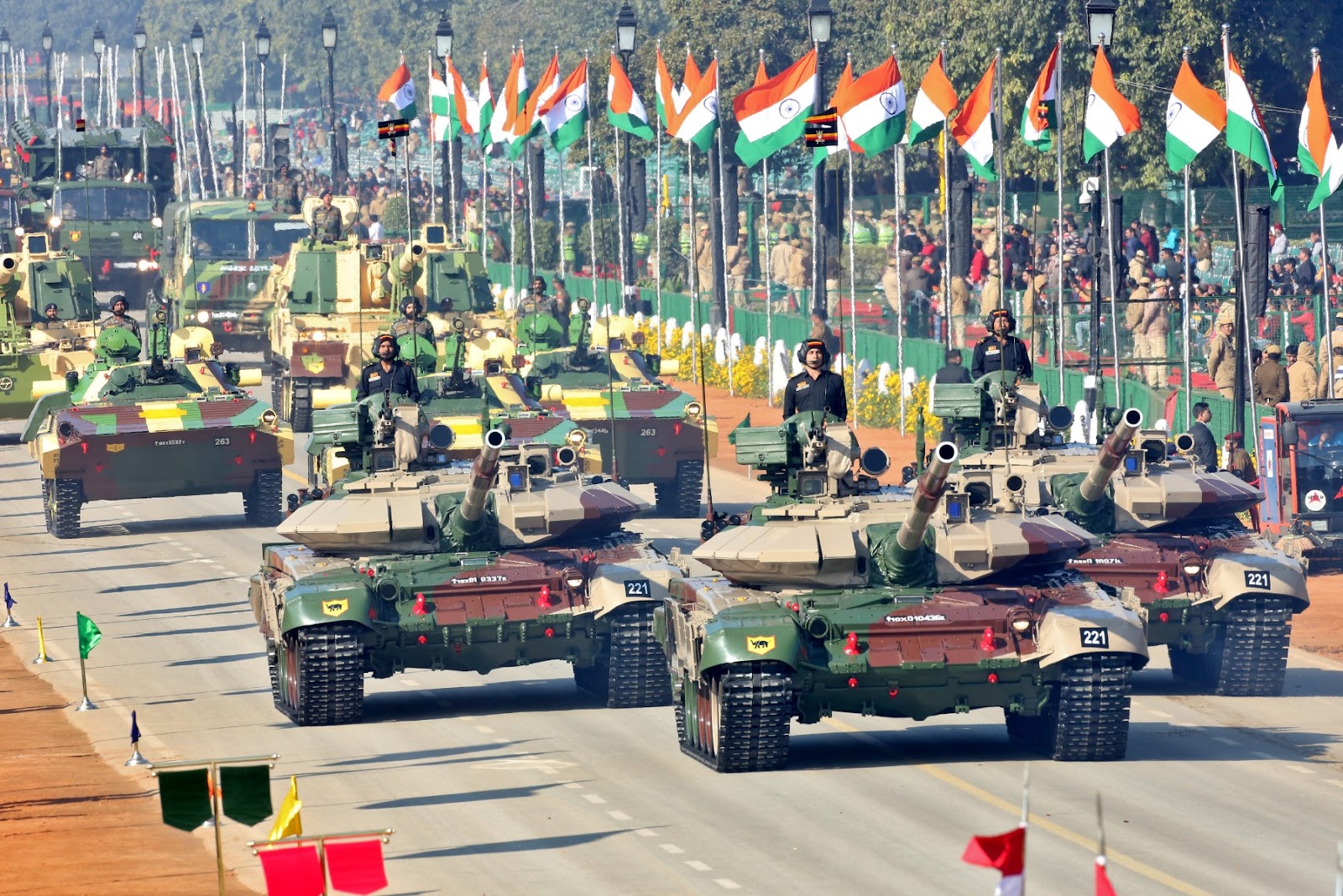
India’s diplomatic efforts to highlight Pakistan’s support for terrorism have gained significant traction on the global stage. Nations around the world have started acknowledging Pakistan’s role in sheltering and supporting terrorist organizations. The recent joint statement with the United States further strengthens India’s case against Pakistan’s state-sponsored terrorism.
Pakistan’s Reaction and its International Image
Pakistan’s reaction to the joint statement between India and the United States reiterates its reluctance to address the issue of terrorism emanating from its soil. Instead of taking concrete steps to dismantle terror networks operating within its borders, Pakistan has often resorted to denial, deflection, and false counter-accusations.
Such reactions not only undermine Pakistan’s credibility but also perpetuate its international image as a haven for terrorists. The international community increasingly recognizes the need for Pakistan to take effective action against terrorism, failing which it risks further isolation and sanctions.
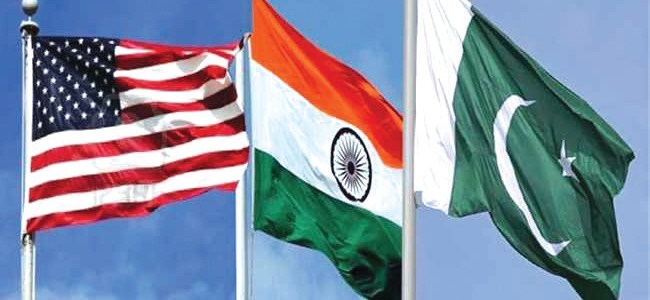
Rajnath Singh’s firm response to Pakistan’s reaction to the India-US joint statement on terrorism carries a strong message that resonates not only within the region but also globally. It emphasizes the importance of collective efforts in combating terrorism and exposes Pakistan’s inability to address its domestic challenges.
India’s resolute commitment to countering terrorism is reinforced through Singh’s statement, which aims to ensure that the fight against terrorism remains untainted by political biases and agendas. The call for Pakistan to “Aap apna ghar sambhaliye” serves as a reminder to the international community that nations must address internal issues before pointing fingers at others.
As the global fight against terrorism continues, Rajnath Singh’s statement will likely have a lasting impact, emphasizing the need for nations to join forces and work together to eradicate this threat from its roots.







